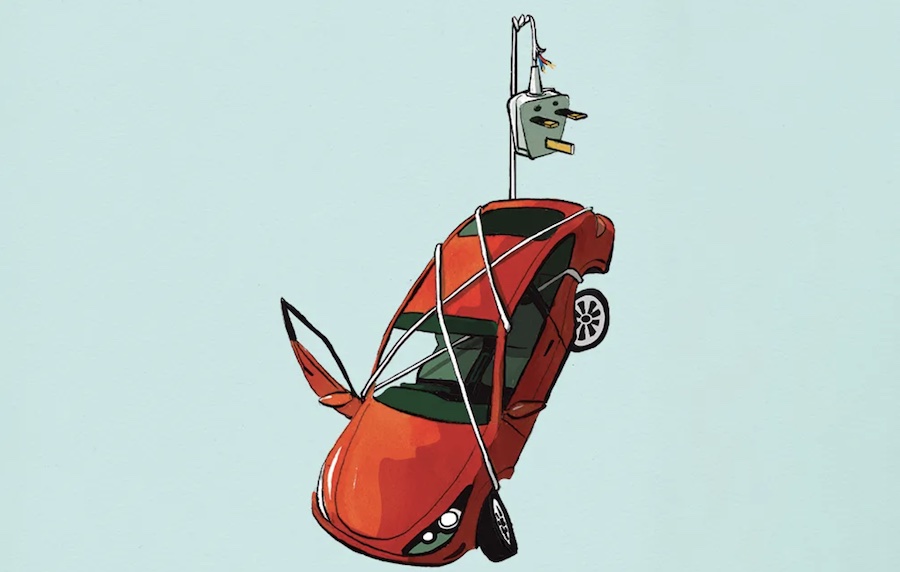Is this the development that is finally going to make us shake off our aversion to electric vehicles (EVs)? Local authorities are reported this morning to have granted planning permission for £692 million worth of public chargers, potentially leading to the installation of ‘hundreds of thousands’ of EV charging points. A lack of public charging points is regularly cited as a reason for the slow uptake of EVs and the failure of car manufacturers to reach the target set for them in 2024: to ensure that 22 per cent of the vehicles they sold were pure electric.
In the event, they managed only 19.6 per cent – and that was only achieved thanks to hefty discounting and the refusal to deliver new petrol and diesel cars until the new year, so that they would show up in 2025 figures.
So far, this and the last government have tried to force EVs on the public, with scant regard to the fact that around a third of UK households do not have access to off-street parking and are therefore reliant on scarce and often malfunctioning public chargers. A dramatic rise in on-street chargers would obviously make a difference, though it does beg some awkward questions. Firstly, how much are these on-street chargers going to cost? According to the app Zapmap, which helps users locate public charging points, the average price of electricity from a public slow charger in November was 57p per kilowatt-hour. For a rapid or ultra-rapid charger, it was 80p per kilowatt-hour. If you have access to off-street parking, on the other hand, you can currently charge your car, off-peak, for as little as 7p per kilowatt-hour (although it is hard to believe these sorts of prices are not just a big introductory offer, given that the same energy companies charge around double for off-peak electricity for anything other than charging a car).
You would hope that a greater number of chargers would lead to more competition and lower prices, but will it? Those installing the chargers will need a return on their investment, and the more chargers there are relative to the numbers of EVs, the more diluted their business will be. No one is going to make a return charging 7p per kilowatt-hour at an on-street charger. There is still likely to be a big divide in running an electric car depending on whether you have off-street parking – at the moment, it is rather as if there were two networks of petrol pumps: one to which only the relatively well-off had access, and where petrol cost £1.30 a litre, and one which had to be used by everyone else, and where the fuel costs £13 a litre.
Moreover, there is the question of how well the grid is currently equipped to handle large numbers of EV chargers. It is obviously not impossible to beef up the grid so that it can cope, but it will take time. In 2022, housing developers in West London were told that they might struggle to get planning permission for developments in the area until 2035 because a cluster of data centres had consumed the available grid capacity. If there is not enough power for new homes, there presumably won’t be enough power for thousands of EV chargers either.
Moreover, what is it going to mean for on-street parking generally? Are EV charging companies going to be allowed to possess on-street parking spaces, limiting their use to vehicles being charged? If EV chargers are going to line every street, this is going to become a serious issue, as many people will want to park without charging their vehicles. Moreover, some of these chargers take up a fair slice of the pavement, which is going to conflict with policies that are supposed to be encouraging people to walk around cities – which is, after all, by far the greenest form of transport. There are going to be some big battles ahead as the government attempts to switch us all to electric vehicles.
Watch more on SpectatorTV:








Comments